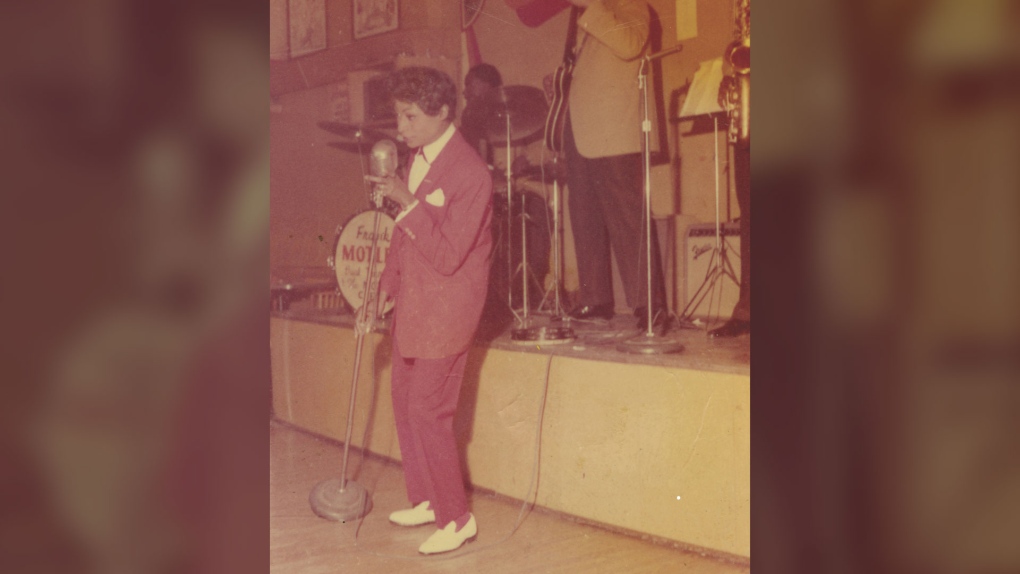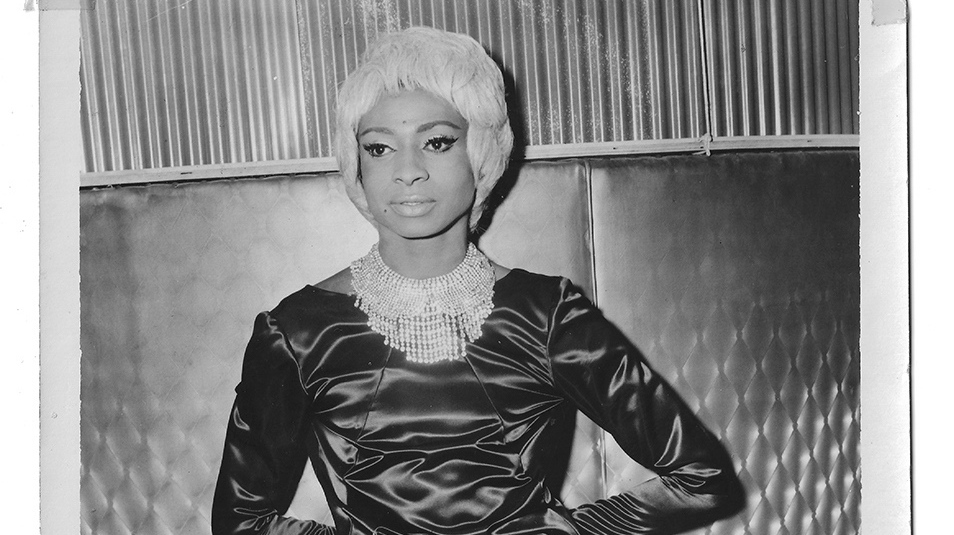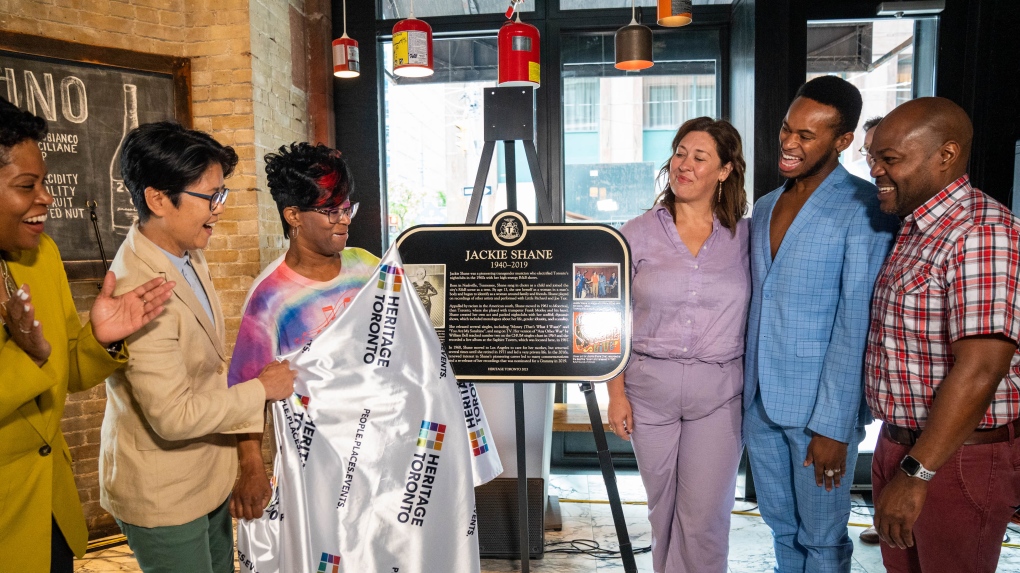A year before her death in 2019, Jackie Shane decided it was finally time to tell the story of her life.
The pioneering transgender soul singer was a mystery since she disappeared from the spotlight in 1971, after dominating the Toronto music scene during the 1960s. For decades after her retirement, the Nashville-born artist lived in obscurity until that a 2017 retrospective album, which earned a Grammy nomination, catapulted her back into the public spotlight.
“That’s when the world and I found out she was still alive, so I spent a year trying to get in touch with her and I finally did,” says Edmonton-born filmmaker Michael Mabbott.
After numerous phone calls and ignored emails, Shane finally responded to Mabbott in 2018 and agreed to let him make a film about her.
“I spent a year talking to her on the phone, and part of that was her telling me her life story and then also telling me what a movie about her would look like in her eyes and what she wanted the audience to feel.”

The resulting documentary, “Any Other Way: The Jackie Shane Story” — which Mabbott co-directed with Toronto’s Lucah Rosenberg-Lee and is executive produced by Elliot Page — will have its Canadian premiere on Hot Docs on Saturday. It fills in the blanks of Shane’s life and provides a complete account of how she became one of music’s first black transgender performers.
Mabbott’s fascination with Shane began when he heard his 1967 album, “Jackie Shane Live,” which captured one of his passionate live shows at Toronto’s Saphire Tavern, where he frequently played.
“I was blown away that this music was made in Toronto at the time,” says Mabbott, best known for his 2005 mockumentary “The Life and Hard Times of Guy Terrifico.”
“I wanted to know everything I could about who he was. “She disappeared immediately after making this album and no one knew anything about what happened to her, which intrigued me even more.”

The film, co-produced by Banger Films and the National Film Board, captures Shane as a soul star on his own terms. He was a force in the Nashville R&B scene during the 1950s, but sought refuge in Canada from the discrimination he faced because of his gender identity. In Toronto he found a more inclusive and tolerant environment, headlining packed clubs where he wore makeup, sequined blouses and wigs.
“I remember feeling like I was born in the wrong body, but everyone around you tells you that doesn’t exist,” says Rosenberg-Lee, a black trans man.
“One thing that makes Jackie so amazing is that not only did she have those same feelings, but she allowed herself to be a woman in her own mind before trans was even a term. In that sense, I think she is a great pioneer.”
Mabbot spent “hundreds of hours” on the phone with Shane, who had returned to live in Nashville, to learn her backstory, with the intention of eventually interviewing her on camera. She died before that could happen.

As a result, recordings from his phone provide a narrative thread throughout the film, while rotoscoped animations portray his performances and calls from his home.
“She was a black trans woman born in the Jim Crow South and faced a lot of struggle, a lot of ignorance and a lot of evil. But the amount of laughter in these conversations was surprising,” says Mabbott.
“She looked at ignorant people and did not consider them evil. She said: ‘These are scared people. They are afraid to be themselves.”’
After Shane’s death, Mabbot recruited Rosenberg-Lee, who directed the 2015 short documentary “Passing,” to help him make the film, noting similarities between her work and the “intimate and beautiful” type of art that Shane said he liked it.
At the height of his popularity, Shane turned down several high-profile opportunities, including an invitation to perform on “The Ed Sullivan Show” because his producers would not allow him to wear makeup on television. Mabbott believes that he retreated from the public eye because it was the only way he could live authentically.
“Jackie couldn’t be herself when she was in the spotlight, so she had to quit,” he says.
“To be able to live on her own terms, at least for her, meant her world was getting smaller and smaller.”
After leaving the stage, Jackie moved to Los Angeles with her then-partner to live her life as a woman. She eventually returned to Nashville to care for her sick mother and remained there for the rest of her life. She but she often reflected fondly on her stay in Toronto.
“Jackie always talked to me about returning to Toronto. In a way she regretted leaving and wanted to come back. She wanted to play shows. She wanted to play at Massey Hall. She wanted to play Pride,” Mabbott says.
“Unfortunately that didn’t happen because she passed away. But I think having her voice and having her music played in theaters here helps us achieve that dream.”

This report by The Canadian Press was first published April 26, 2024.
